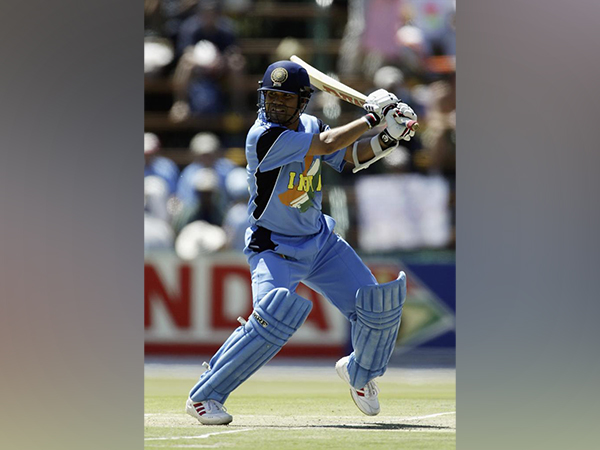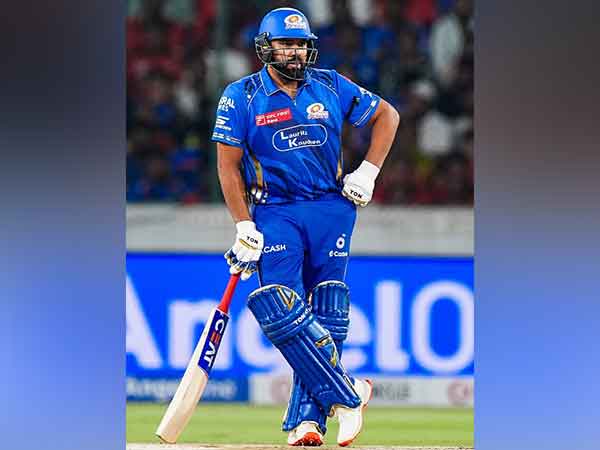SC to hear on Nov 2 plea seeking guidelines on seizure of electronic devices by police
Oct 13, 2023

New Delhi [India], October 13 : The Supreme Court on Friday posted for hearing on November 2 a plea filed by a group of academicians and researchers seeking direction to frame guidelines so that the police treat the academic work and research, usually stored in computers they seize during raids, in a civilised manner.
A bench of Justices Sanjay Kishan Kaul and Sudhanshu Dhulia said it would hear the case on November 2 after senior advocate Nitya Ramakrishnan appearing for petitioners mentioned the matter for early hearing.
Earlier, the bench had issued notice to the Centre on the plea filed by professors Ram Ramaswamy, Sujata Patel, professor M Madhava Prasad, professor Mukul Kesavan and theoretical ecological economist Deepak Malghan.
The academicians have contended that the seizure of their personal digital devices amounted to a violation of their right to privacy and they run the risk of losing their life's work when police carry off their computers and drives after a raid.
The petition sought directions to the Central and State governments to frame down guidelines to govern probe agencies in the country with regard to the seizure, examination and preservation of personal digital and electronic devices and their contents.
Several of the persons from whom the devices have been seized in various cases in the recent past are from the academic field or authors of repute, stated the plea.
It added, "The academic community does and stores its research and writing in the electronic or digital medium, and the threat of damage, distortion, loss or premature exposure of academic or literary work in the event of seizure of electronic devices is considerable."
If the data and research of such academicians are tampered with or damaged, the loss to research in the sciences and social sciences is considerable and often irreplaceable, the petition said.
The entirely unguided power exercised by investigative agencies to take control of devices that "contain much if not all of a citizen's personal and professional life, requires to be civilised" by way of directives from the Supreme Court, it added.
They said the copy of what is seized must remain with an accused in a form that cannot be modified.

















